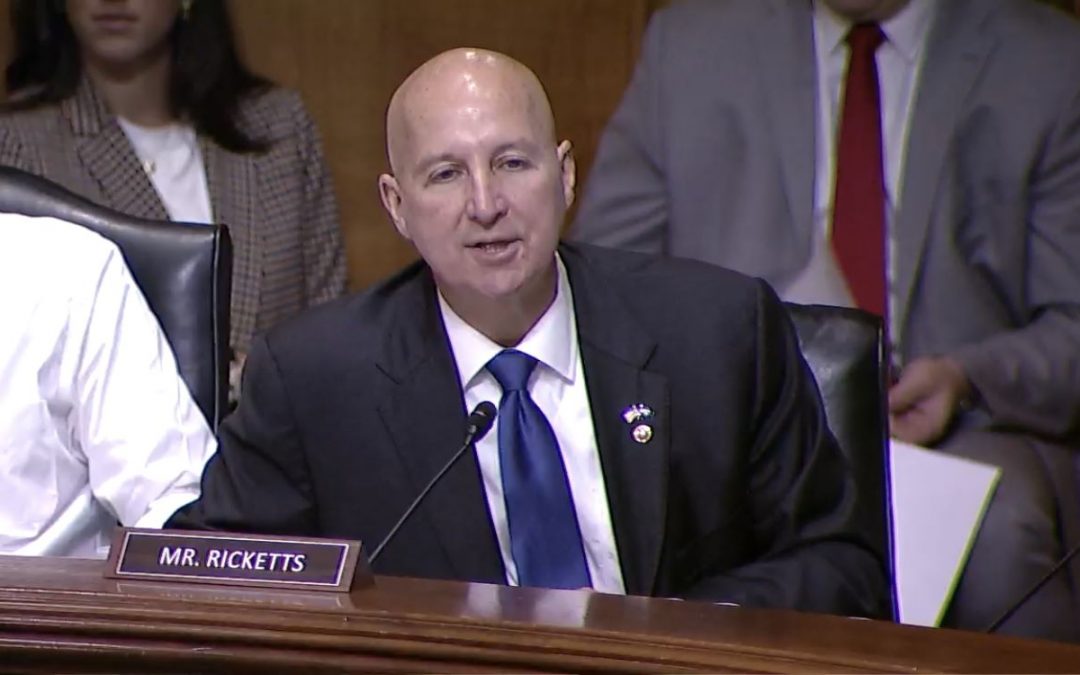Senate Republicans and Democrats on the Foreign Relations Committee on Wednesday stressed that U.S. investments in developing countries should help the U.S. compete with China for influence on the world stage
“Economic development and finance are essential for stable economies, and stable economies lead to stable countries which leads to prosperity and security for all,” said the new Chairman of the committee Senator Ben Cardin, D-MD. Cardin took on the chairmanship of the Foreign Relations Committee after Senator Robert Menendez, D-NJ, stepped down last month.
Cardin also emphasized the strategic importance of the United States’ international development initiatives due to the influence of China’s Belt and Road Initiative. The Belt and Road Initiative was launched by China in 2013 to finance infrastructure projects in the developing world.
The hearing demonstrated strong bipartisan support for making investments designed to strengthen U.S. influence in developing countries, as the U.S. seeks to combat China’s growing influence in the developing world.
“The BUILD Act was very clear that we have a dual mandate to advance the foreign policy interests of the United States and to make development impacts in the poorest countries in the world,” said Nathan Scott, the CEO of the Development Finance Corporation. “Through providing economic opportunity, alleviating poverty, creating greater stability through economic growth, U.S. foreign policy interests are served.”
The Development Finance Corporation, or DFC, is a federal agency that invests in economic development projects in developing and lower income countries. The agency was created when the 2018 BUILD Act combined the Overseas Private Investment Corporation with some USAID programs. The act was adopted by wide bipartisan margins.
“You have a dual mission, and it isn’t easy to consider two things at once,” said Senator Mitt Romney, R-UT. “But you recognize that a strategic interest is necessary for us to make an investment. I believe our strategic interests and national security revolve around China, Russia, and authoritarian states versus ourselves.”
In his testimony, Scott emphasized that a few changes would allow the Development Finance Corporation to finance projects more effectively in lower-income countries and compete with China’s investments. Scott requested the committee grant the Development Finance Corporation more flexibility to decide which countries would be eligible for financing. He also requested the committee grant the organization more flexibility to make equity investments in foreign companies.
As the Foreign Relations Committee considered reauthorizing the BUILD Act before the act’s expiration in 2025, Scott’s recommendations seemed to resonate with the Senators.
“There is bipartisan support for more flexibility in general for the Development Finance Corporation,” said Senator Pete Ricketts, R-NE, after the hearing.

